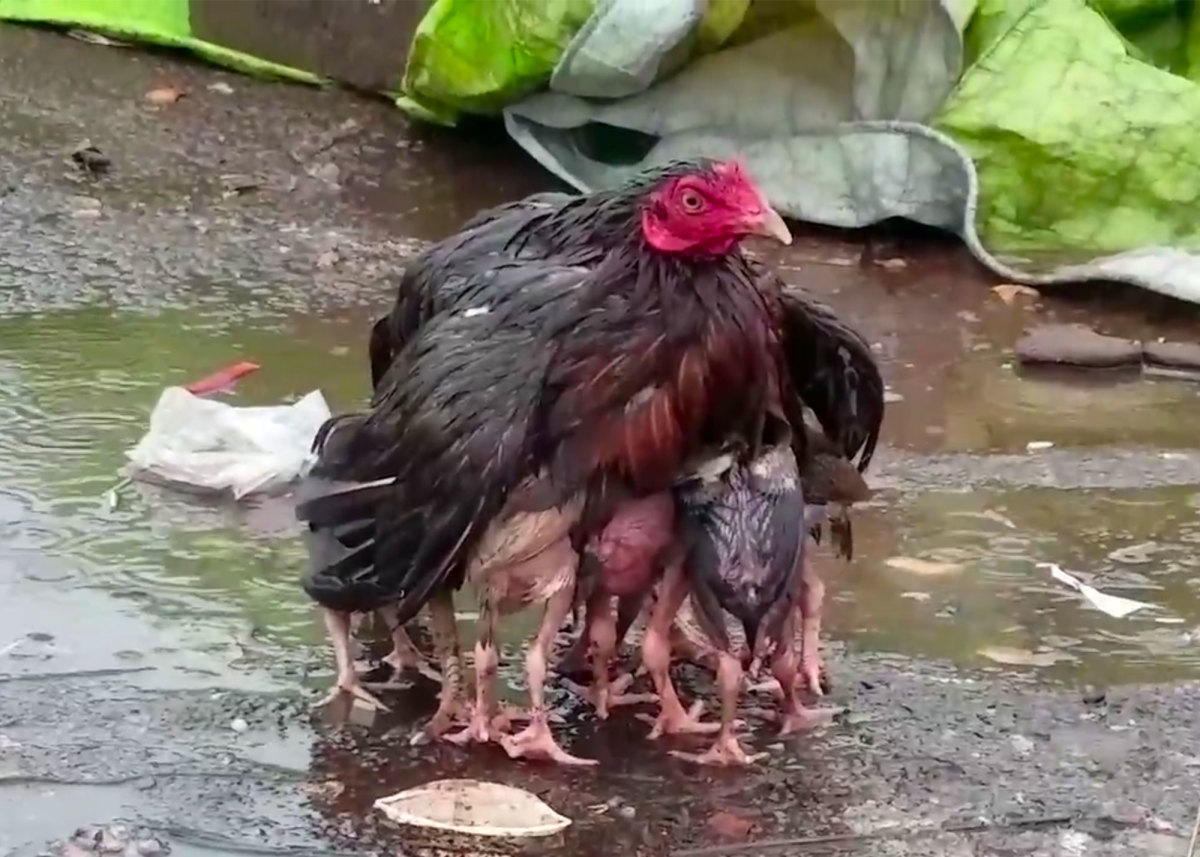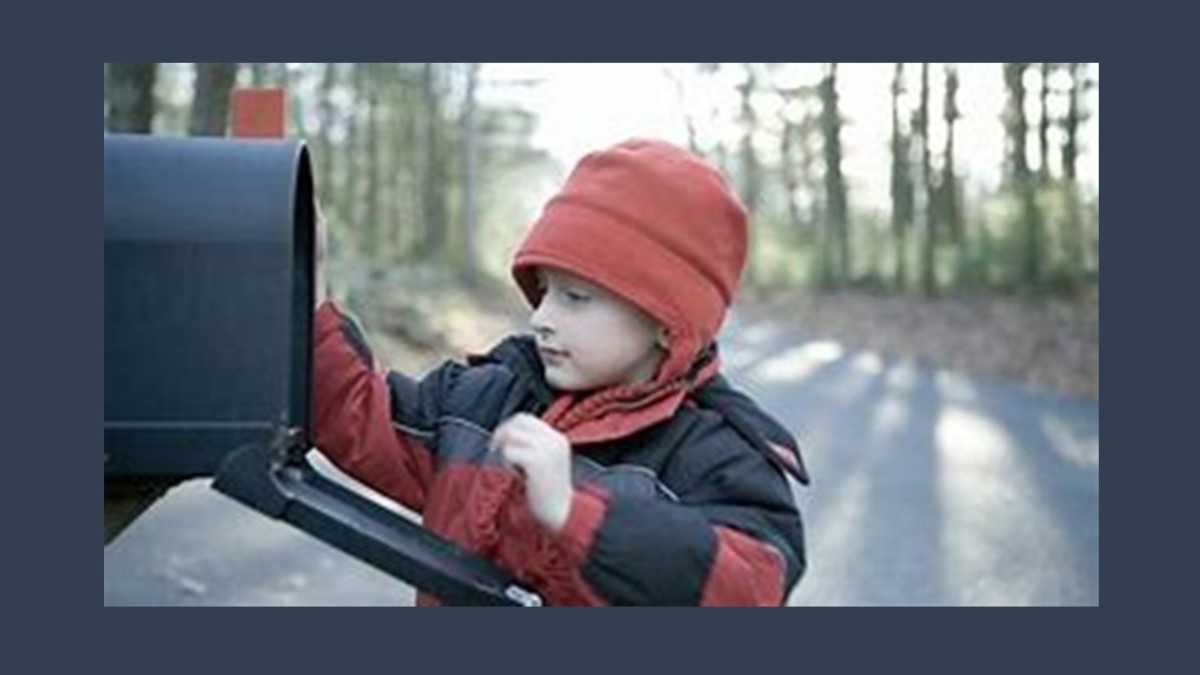Helping Your Child Understand Prejudice
We live in a diverse society with people from different religions, races, political beliefs, and nationalities. Unfortunately, many stereotypes are associated with this diversity, which often lead to discrimination and prejudice. It is not uncommon to hear jokes that focus on a specific characteristic or a certain ethnic group. The attitudes and opinions that are formed about people simply because they belong to a specific race, religion, or nationality are the basis of prejudice. When people act on the basis of prejudices and stereotypes, they are engaging in discrimination.
Even in the most progressive, liberal areas, children are exposed to the stereotypes and prejudices of those around them. Whether it is someone telling a joke about a particular nationality or someone making a comment about a group of people based on their religion, it is difficult to protect children from these attitudes. Sometimes even our own family members hold specific attitudes that, in one way or another, are expressed to children. Other children can also communicate these attitudes during play or, more dramatically, in their unwillingness to play with certain children. Children who have a poor self-image tend to be more likely to develop prejudices, or those children, putting down another person makes them & more important.
As a parent, there are several steps you can take to minimize some of the prejudices your child might experience. First, accept your child as a unique and special person. Your child's feelings that she is seen as a person who has specific qualities can help her to view others as unique individuals. Whenever possible, provide your child with opportunities to interact with people of different backgrounds and cultures. Children can jam a great deal about other people through exposure. Sesame Street is a children's television program that has taken specific steps to support cultural diversity.
Point out to your child that the ways people are similar are more important than the ways they are different. The fact that all human beings are born with the ability to think, love, and experience feelings is more fundamental than the color of their skin or where they were born. Our focus tends to be on differences rather than similarities. Helping children to see these similarities may also help us to direct our attention away from the differences as well.
Most children will question why people are different. Help your child learn to value diversity by regarding the differences in culture, appearance, and religion as distinctions that add interest and variety to our world. There are many children's books that explain different types of celebrations for the various holidays and feasts that occur. It is also important to point out and discuss the achievements of outstanding individuals in groups of people.
Identify the misconceptions, and correct them. Children often hear things from their peers that they take as truth. It is important to find out what incorrect information your child has. In language that can be easily understood by a five year old, explain why the information is wrong. For many children, school is their first exposure to people of different backgrounds. If they have been given misinformation, they carry it to school with them. This is often seen when children encounter a person with a physical handicap. Depending on the information they have, this person may be thought of as "retarded" or even be the target of cruel teasing.
Help your child to become more sensitive to the feelings of others in any situation. Whether it is general name calling or a stereotype based on religion or nationality, guide your child in her understanding of how these words hurt other people. When your child has a good understanding that prejudice and discrimination are unfair, she may be able to create positive change. For a five year old, this may consist of telling another child that it is wrong to tease or being the first on the block to make friends with a new child in the neighborhood. If these things can start at age five, perhaps more of the prejudices we see as adults will start to disappear.
- Guidelines for Computer Use Involving Children
Most children, if they haven't yet had experience with computers, will probably be introduced to computers when they enter school. Schools use computers to foster mathematics concepts as well as writing,... - Friendship in Children - Why Parenting Matters
Childhood friendships are developed in stages, beginning with parallel play in toddlerhood. During this stage, playmates are viewed simply as others who are there to play with the same group of toys. As...








